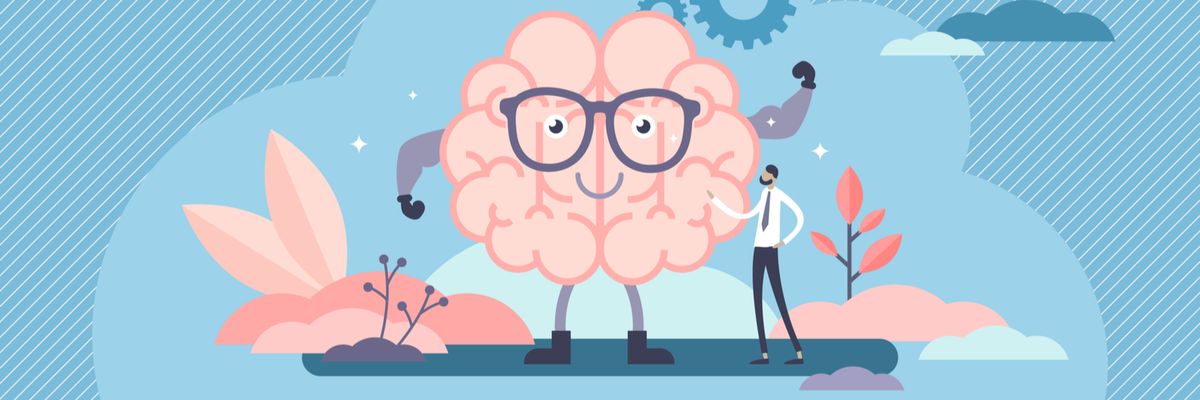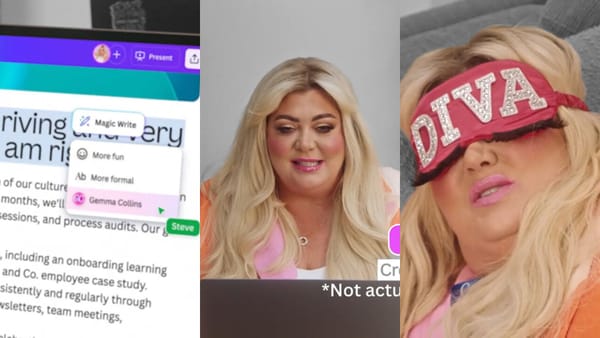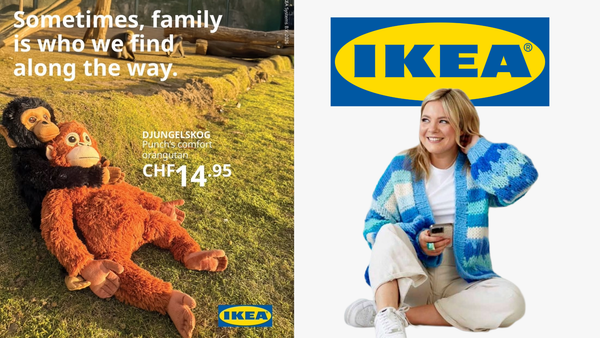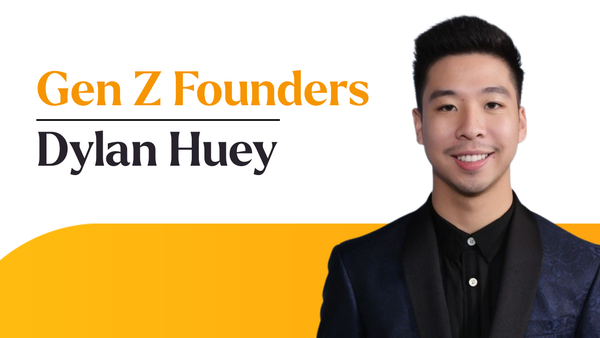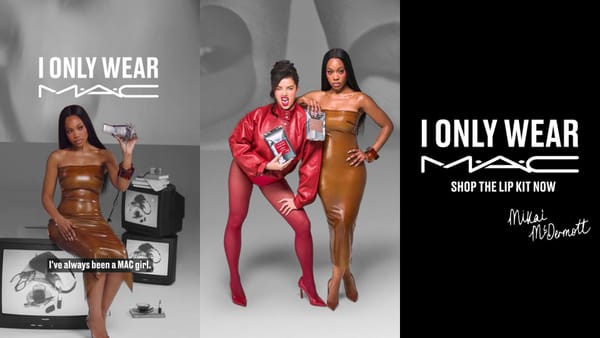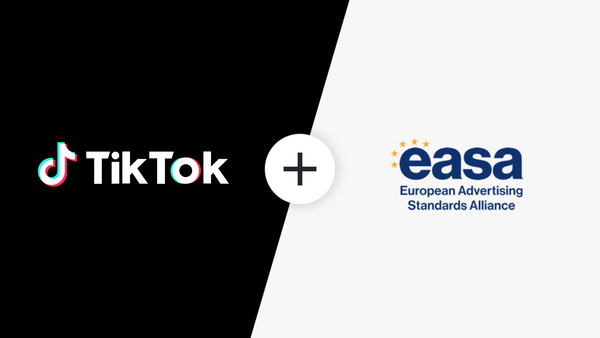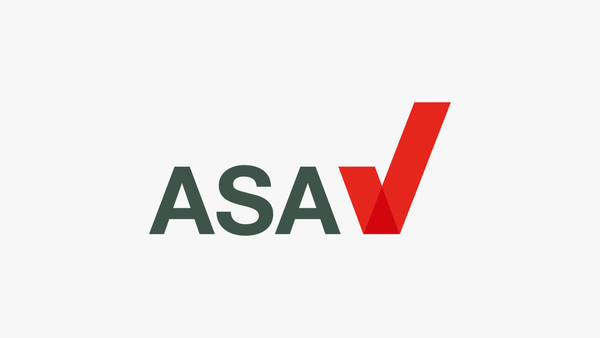The exponential growth of the digital creative economy has generated millions of dollars for creators, helped new businesses find viral success, and offered a wide variety of professionals the flexibility to work from anywhere. This revolutionary economic shift was dramatically sped up as a result of COVID-19. The social media platforms supporting this revolution are extremely powerful and provide massive economic opportunities while supporting the democratisation of media and diversifying perspectives shaping mainstream culture.
These platforms are also at the center of conversations about mental health. The potential negative side effects of social media (and rising mental health concerns in the United States) lead to questions about the cost of these tools. Content creators, influencers, and social media users are now speaking up more about mental health impacts and adding nuance to the conversation about social media in modern life.
We’re working with humans, not robots
As someone who’s worked closely with creators in the influencer industry for 10 years, I am uniquely aware of the humanity that fuels our industry and the potential cost of a life lived online. It’s critical that we all recognise the harmful side effects social media tools may produce and innovate to support positive mental health among creators and platform users—players who are central to our industry’s success.
These mental health impacts have been widely discussed in the media and within academic circles, and include:
- Addiction and compulsive behavior around social media usage
- Loneliness and depression correlated to extended social media usage
- Fear, anxiety, and trauma from online bullying and harassment
Mental health is no longer taboo
Historically a taboo topic, mental illness is now discussed widely on social media, and creators have had a huge role in normalising conversations around depression and anxiety, burnout, wellness, and work-life balance. The very tools that are questioned are also powerful forums that are helping destigmatize and normalise mental health realities and foster a sense of belonging and hope for communities. Research points to social media as an increasingly helpful tool to educate, destigmatize, and support public conversations around mental health (NCBI).
Influencers are uniquely poised to speak on the impacts social media has on mental health.
Influencers and creators are experiencing burnout themselves. When I asked Steven Sharpe, content creator and mental health advocate if he experiences social media burnout, he replied, “Almost on a weekly basis, honestly.”
The hyper-competitive business of influencing takes a toll. Whether it’s hustling for deals or grappling with a constant itch to check your likes—the pressure is real. So perhaps it’s no surprise that influencers themselves are some of the most active advocates for mental health hygiene on social media. They know the dark side and are speaking up about it.
Sharpe firmly believes that he has a responsibility in destigmatising mental health issues: “I think we have a major role and, in many ways, a responsibility, to be honest about mental health issues in general, not just our own. The people in our online community pay attention to what we say and do and come from all walks of life. If we have an opportunity to help them feel seen and supported, we should take it.”
More than 2000 creators in Collectively’s influencer community advocate for mental health in their Instagram bio and more than 14,000 creators have posted content about mental health awareness. Celebrities and athletes —two groups also benefiting from additional income opportunities of the digital creative economy— are also stepping up to champion mental health. Even mental health professionals are taking to social media to offer messages of support and guidance. “TikTok Therapists” offer free therapeutic advice in short, 30-60 second clips putting therapy into the viral mainstream for millions to consider.
Brands are advocates too
Companies are prioritising mental health as a KPI for staff satisfaction and retention, partnering with influencers who are recognized mental health advocates, and looking at mental health as an important territory for corporate responsibility. After a year of upheaval, we’re seeing even more brands—powerful influencers themselves—prioritise mental health and wellness within their company cultures and corporate responsibility initiatives. Recently, Whole Foods teamed up with Headspace to design tools that directly support customer wellbeing.
Unilever’s Dove continues to pave the way with initiatives that directly impact wellness and rely on influencers to amplify messages. The beauty brand is a long-time champion of socially responsible advertising. Their latest efforts include campaigns to help build positive self-esteem for young women and girls (partnering with mega influencer celebs to help expand their cause) and addressing potential negative side effects of social media. Across all of their campaigns, social media influencers have played an instrumental role in extending and humanising these messages to millions of fans.
Platforms play a vital role
Perhaps most importantly, platforms are starting to respond and they bear responsibility to users to ensure their tools are addressing potential harm. Recently, platforms have stepped up with new tools to limit harassment in comments while leading conversations around the topic. Instagram even hosted sessions on avoiding social media burnout at its first-ever creator week this past spring.
“I would argue that social media platforms play an even bigger role than influencers when it comes to supporting the mental health of their users. By and large, social media platforms govern much of the content we consume. Why should it continue to perpetuate toxicity if it has the power to quell the problem?” says Sharpe.
While most platforms are taking content moderation seriously, the question remains: What more can be done? Investing in new monetisation tools for creators that can help them build even more sustainable businesses is a start. Currently, the sponsored post is still the number one revenue source for creators—a reality that leads to increased pressure on the frequency of posting schedules. Developing stronger affiliate opportunities and shopping tools (like creator-hosted in-platform shops) can help them diversify their revenue sources and reduce singular focus on one method.
What do you think platforms, brands, and social media influencers can do to support positive mental health outcomes?

